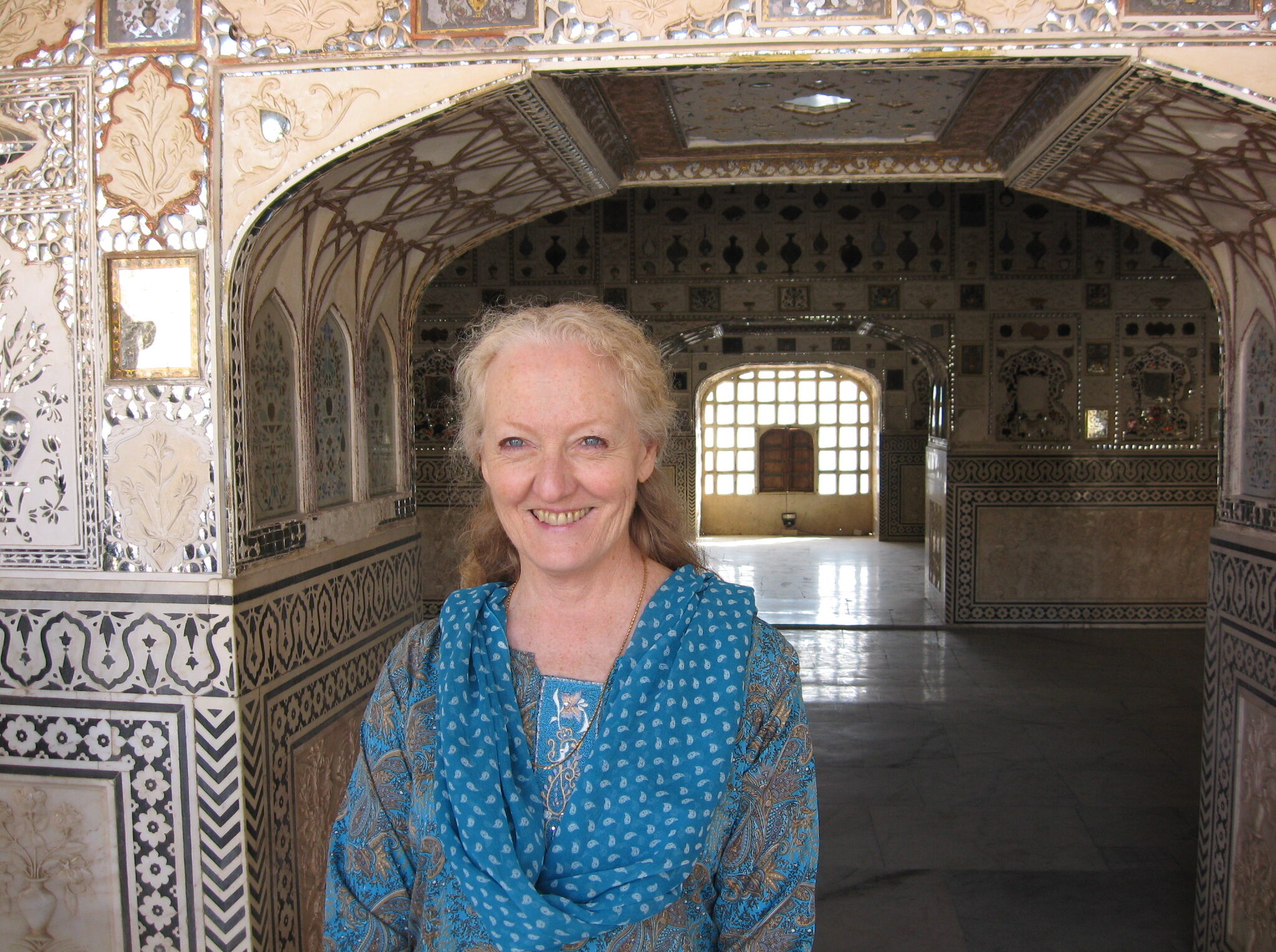The recent workshop I led on “Aging as a Spiritual Practice” was so delightful. The shared wisdom in the group reverberated. I realized how very much I love sharing time with elders who are invested in growing in self-understanding – and to do this as a group was delicious.
I wrote a poem, on the back of a slip of paper – sort of a tongue-in-cheek bit of humor. A couple of folks asked me for a copy of it afterward — so I’ll share it with you, too. Perhaps you’ll enjoy the humor — and understand! – also.
Coming together – all the loose shards of my life. What to call this? “Retirement” hardly seems to qualify. Although I do seem to be tired, a lot. Memories, in part, the fragments of my mind drifting through hazy, lazy days in a sometimes frenzy. Wanderings, a fair bit, the mind wondering what – if anything – might motivate me to put in time - and energy – to “step up to the plate,” “volunteer,” “pay back” (whatever does that even mean?) I do seem to be tired, a lot. Curious, still, what the day and days will hold. Grateful, often for deeper and deepening relations. With those I’ve known and are still meeting. Awestruck at the way the changing light of the seasons glint off the old log pile in the back. That can’t be new – yet – to me, it is. What is left, then – without the alarm propelling me into the busy days of clinic-life? “Re-tired” OK, Well. Let’s just see where these new treads will go.
